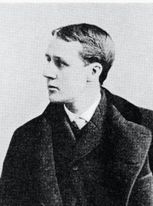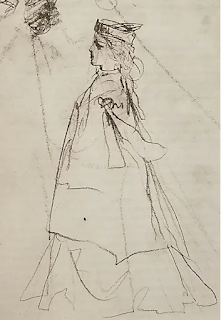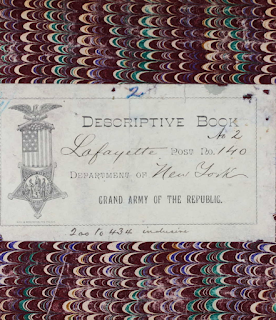Death of Major General Francis Barlow ~ October 19, 1834 - January 11, 1896

Today, 127 years ago, January 11, 1896 Francis Channing Barlow passed away at the age of 61. There were a lot of various announcements of his death at the time but they seemed superficial and did not capture the man I discovered he was through my years of research. So, this blog post is an obituary I wrote which I hope captures Frank as the man he was. Frank wrote very little about himself. He felt it was "not agreeable to speak of oneself" which is why very little personal accounts exists. I, therefore, referenced this blog post with what he personally wrote on June 20, 1880 for the 'Harvard Class of 1855 and Their Deeds Between 1865-1880'. His own personal recollection focused more on his post war career. Of note, in the 1865 'Report of the Secretary of the Class of 1855', Frank did not submit his own writing. He replied to the request regarding submitting a summary of his life since graduation with this of, "I have never written anything, and never mad...




